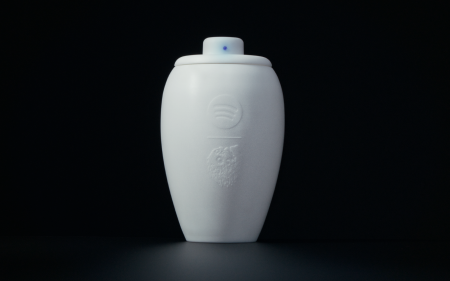While we’re not going to go as far as to call all forms of social media harmful, we all know it doesn’t take much for online environments to become suitably toxic. Instagram has long been known as a potential catalyst for severe mental health problems, such as depression, owing to the falsified (or at least overblown) perfectionism depicted in people’s feeds. It’s easy to forget that users only show themselves and their lives at their best, and to start feeling insecure about their own circumstances.
Now, parent company Facebook has come up with a foolproof plan to protect the mental health of the platform’s impressionable teen users: prompts.
Who knew a text box would solve all of Instagram’s problems?
In an interview with CNN (via Gizmodo), Facebook VP of Global Affairs Nick Clegg revealed the social media giant’s new protective measures for young users. The first is a parental feature that lets parents supervise what their kids are doing and looking at in the app, which could be effective enough (if a little heavy-handed) if there weren’t a variety of ways to work around it. Like, say, making an alternate account. Plus, it puts the onus on users to improve their and their children’s experiences, rather than going any way towards Instagram cleaning up its own app. But that’s how a lot of the app’s new safety features work.
The other two additions are both kinds of prompts’. One notices when users stumble onto potentially harmful content and attempts to “nudge” them back into safer waters. The other prompt is aimed at teenagers, and will pop up intermittently to remind users to take breaks from social media and electronics every now and again. And anyone who’s been on a Netflix binge before knows exactly how effective a “Maybe you should take a break?” message is at getting you away from that intense dopamine rush. Not very.
Clegg goes on to say, “We can’t change human nature,” and that users on a photo sharing platform will inevitably compare themselves to others, potentially to a harmful degree. And he’s right. Facebook and Instagram can’t change human nature. But they sure can try to monetise it.




